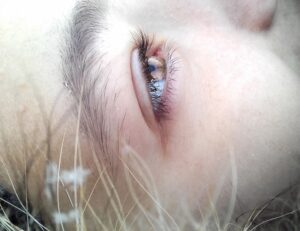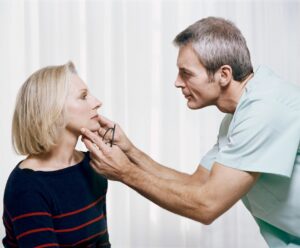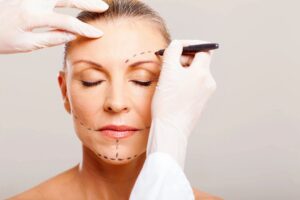The Dangerous Combination of Body Dysmorphia and Mental Health Work

The Dangerous Combination of Body Dysmorphia and Mental Health Work
In recent years, there has been a concerning trend of individuals with body dysmorphia and mental health issues finding employment in fields related to mental health care, particularly in roles involving children or vulnerable adults. This poses a significant risk to those seeking help and treatment, as well as to the integrity of the mental health profession as a whole. In this blog post, we will explore why this phenomenon is so dangerous and why more needs to be done to address it.

Body dysmorphia, a condition characterised by obsessive preoccupation with perceived flaws in physical appearance, can significantly impair an individual’s ability to function in daily life. When combined with mental health issues such as depression or anxiety, the consequences can be devastating. Yet, shockingly, individuals grappling with these issues are finding themselves in positions where they are responsible for the well-being and care of others.

One of the most concerning aspects of this trend is the potential for individuals with body dysmorphia to project their own distorted perceptions onto their clients or patients. Imagine seeking guidance and support for your mental health struggles, only to be met with advice from someone whose own perception of reality is skewed by their own body image issues. This not only undermines the effectiveness of treatment but can also exacerbate existing mental health problems in vulnerable individuals.

Furthermore, the normalisation of cosmetic procedures such as fillers and Botox among individuals with body dysmorphia only serves to perpetuate harmful beauty standards and ideals. These procedures, while often seen as harmless enhancements, can quickly spiral into addiction, further distorting one’s self-perception and exacerbating underlying mental health issues.

So why is nothing being done to address this alarming trend? The answer lies in a lack of regulation and oversight in mental health professions. Lack in regulation and laws in aesthetics and the cosmetic industry as a whole. Unlike medical professions, where strict guidelines and qualifications are required to practice, mental health care remains largely unregulated, allowing individuals with questionable qualifications and backgrounds to enter the field unchecked.

It is imperative that we take action to prevent individuals with body dysmorphia and mental health issues from working in roles where they can potentially do harm. This includes implementing stricter regulations and qualifications for mental health professionals, as well as providing support and resources for those struggling with body image issues to seek help and treatment.

In conclusion, the combination of body dysmorphia and mental health work is a dangerous one, with potentially devastating consequences for both individuals seeking help and the integrity of the mental health profession. It is high time that we address this issue head-on and take decisive action to prevent further harm in the near future.

